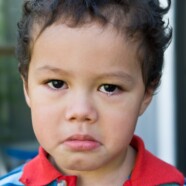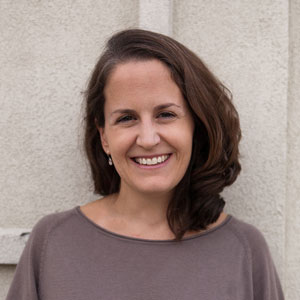
“Oh Franklin! …just because you’re afraid doesn’t mean you aren’t brave. Being brave means doing what you have to do no matter how scared you feel.” Paulette Bourgeois, Franklin Goes to the Hospital
My daughter wipes her cheeks and nose with the knotted up tissue, dazed brown eyes leaking constant tears that drip onto her red and white striped cotton dress. Even as she asks me why she has to go to this new bigger school, why she can’t go back to the teachers and kids she knew last year, why she can’t be with her favorite friend,– a little girl who also loves hermit crabs and worms and snails and streams,– she is slinging the new back pack onto her narrow shoulders and pulling on her shoes. Because she knows it has to be done. We trudge along the sidewalk towards the school bus. My husband has the camera, but whatever pictures are taken are furtive, quiet, without her even knowing. She gags twice and spits. This isn’t just fear; it’s terror. Five minutes later, she is on the bus. She looks out the window and gives the smallest smile,– the equivalent of a deep breath and an “Okay. Okay. I can do this.” My daughter is one brave little girl.
How is it that bravery has come to be associated with fearlessness? So many children’s books I find in the library communicate this message. In one popular story, a boy who was separated from his mom and siblings and then couldn’t find them states, “I was really brave. I didn’t even cry.” In another, the children chant to themselves, “I am brave. I am fearless.” Permeating our culture of independence is the idea that feelings of fear, sadness, and pain are signs of weakness. But how much strength, how much bravery, does it require to enter a situation for which we already feel ready, confident, and fearless? To me, this seems easy, effortless. No need for bravery.
Some parents may be concerned that acknowlegement of fears will turn their kids into blubbering messes who are unable to cope in the world. But think first about what happens inside the mind and heart of a child who is afraid and is told to “get it together” or to “stop crying, you’re fine.” Over time, this child learns to hide, to pretend, and to be ashamed of vulnerable feelings. He or she may appear to be okay, but the reality is one of resignation and profound loneliness. Now think of the child who struggles but is told by a loving, secure adult, “I can see why you’re scared. Your feelings make sense to me. You can be afraid and be okay at the same time. This will pass.” What a relief.
In the afternoon of that first day, the bus pulls up and I see my daughter’s little face smiling in the window of a middle seat. She climbs down and calls as she runs towards me, “I had fun!”
About Lynn Davies
I am a Licensed Clinical Professional Counselor with a Master of Science in Pastoral Counseling from Loyola University in Maryland. I have been in private practice for over fourteen years and have experience working with adults and adolescents, addressing a variety of issues: anxiety, depression, relationship problems, past or current trauma, eating disorders, self-mutilation, bereavement, parenting concerns, boundaries, and self-care.
- Web |
- More Posts(22)

